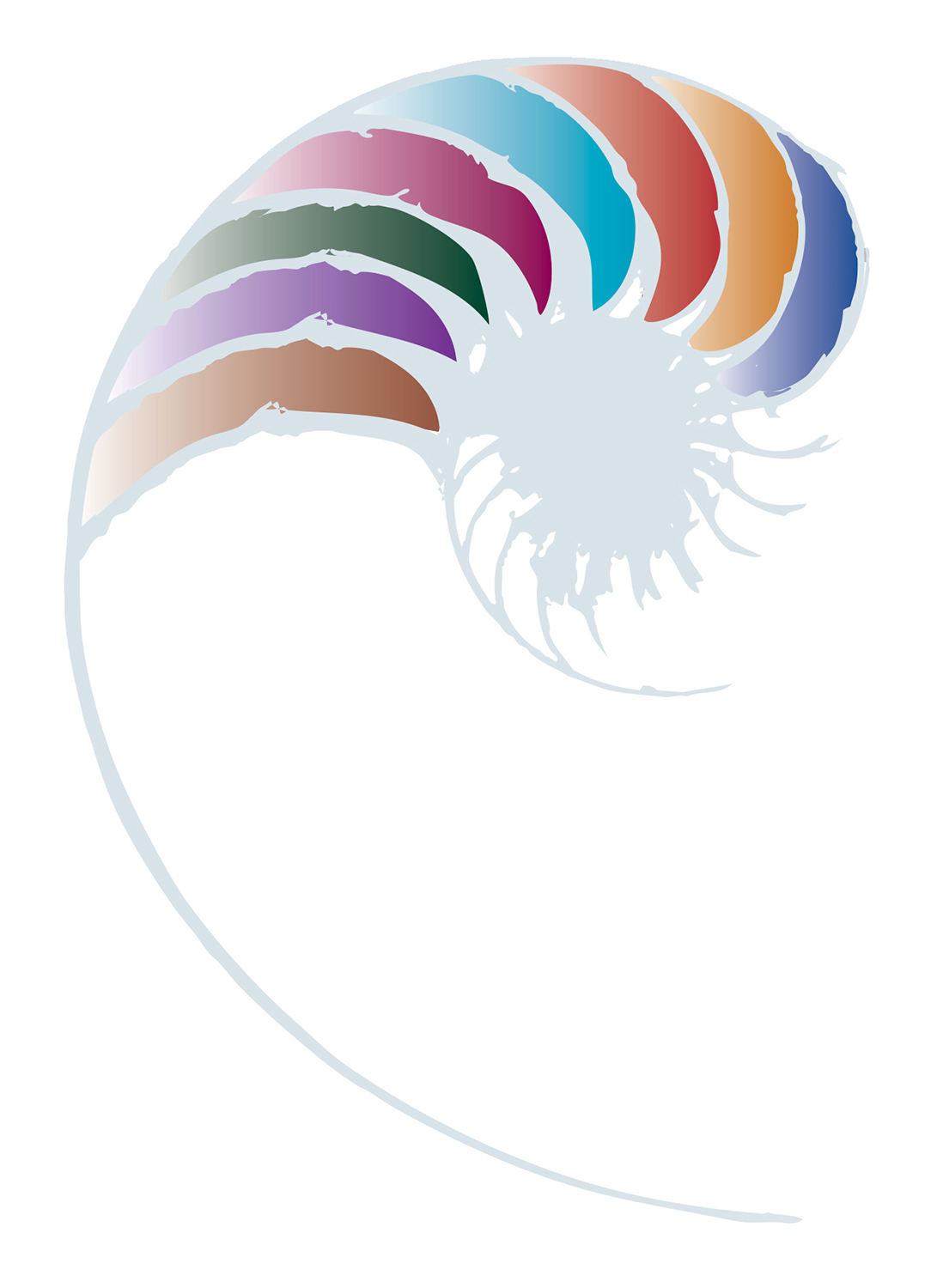Rights, agency, and autonomy of infants and toddlers
This resource helps kaiako and leaders to understand and support infants’ and toddlers’ rights, agency, and autonomy. It is one of six infant and toddler resources focused on quality infant and toddler care and education to support the implementation of Te Whāriki. See 'Have you seen' below to access the other resources.

The concepts of rights, agency, and autonomy are woven into the framework of Te Whāriki to guide the practices of kaiako in early childhood settings. Incorporating these concepts into early childhood provision contributes to the holistic learning and development of children.
Te Whāriki integrates mana as central to the experiences that are created with and for very young children. This integration ensures that the rights, agency, and autonomy of infants and toddlers are not only respected, but also serve to enhance their mana. Kaiako are encouraged to interact with infants and toddlers in responsive and empowering ways to recognise and strengthen their mana.
The relationship among the concepts of mana, rights, agency, and autonomy is mutually reinforcing. For example, the rights given to a very young child creates a foundation for them to exercise their emerging agency. Their increasing ability to act with agency supports their autonomy. This expression of autonomy or sense of independence enhances their mana. A strong sense of mana then fosters a child’s ability to assert their rights, express their agency, and act on their autonomy.
- Infants’ and toddlers’ rights
- Infants’ and toddlers’ agency
- Infants’ and toddlers’ autonomy
- Cultural variations of agency and autonomy
- Adults’ responsibilities in fostering infants’ and toddlers’ rights, agency, and autonomy
- Reflective questions
Te Whāriki emphasises children’s rights as central to early childhood provision. It acknowledges every child’s right to:
- protection and the promotion of their well-being
- equitable learning opportunities
- the recognition of their languages, cultures, and identities.
These rights are aligned with the Māori concept of mana, which refers to a child’s innate sense of spiritual power, prestige, and authority. Upholding and protecting these rights helps to foster trust, well-being, and a sense of being valued.
Empowering infants and toddlers
This article by Dr Katerine Bussey considers ways kaiako can empower infants and toddlers in early childhood settings and think about children’s opportunities for choice in everyday situations.
Empowering infants and toddlers - Dr Katherine Bussey (gowriensw.com.au)
United Nations Convention on the Rights of the Child (Children’s Convention)
The United Nations Convention on the Rights of the Child (Children’s Convention) sets out the rights of all children, aged 0 to 18 years, and the responsibilities of governments to ensure those rights are respected. It is often known by the abbreviation ‘UNCROC.’ The New Zealand Government signed up to the Children’s Convention in 1993.
The Children’s Convention sets out a framework of children’s rights based on what a child needs to survive, grow, participate, and reach their potential. You can read the Children’s Convention at in English and te reo Māori at:
United Nations Convention on the Rights of the Child 30th Anniversary Edition (manamokopuna.org.nz)
Mana Mokopuna also provides a summary of every right children have under the Children’s Convention:
All rights under the Children’s Convention (manamokopuna.org.nz)
UNICEF and Save the Children provide accessible language and children’s version of the Children’s Convention. These are available at:
Child rights (unicef.org.nz)
The United Nations Convention on the Rights of the Child: The Children’s Version (savethechildren.net)
Duhn, I. (2015). Making agency matter: rethinking infant and toddler agency in educational discourse. Discourse: Studies in the Cultural Politics of Education, 36(6), 920–931.
Hammond, R. A. (2021). Seeing infants differently: Magda Gerber’s contributions to the early care and education field and their continuing relevance. Early Child Development and Care, 1–14.
Satani, N. (2022). Fostering infants’ and toddlers’ autonomy: A research summary. The First Years: Ngā Tau Tuatahi. New Zealand Journal of Infant and Toddler Education, 24(1), 26-27.
Kua kite rānei koe?
About this resource
The concepts of rights, agency, and autonomy are woven into the framework of Te Whāriki. This resource helps kaiako and leaders to understand and support infants’ and toddlers’ rights, agency, and autonomy. This is one of six infant and toddler resources focused on quality infant and toddler care and education to support the implementation of Te Whāriki. See 'Have you seen' above to access the other resources.












